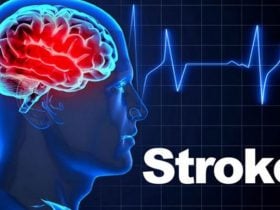Overview

Alzheimer’s disease is a neurological issue that makes the human brain to contract (decay) and the brain cells to pass on. Roughly 5.8 million individuals in the United States age 65 and more currently [1] live with Alzheimer’s sickness. Of those, 80% are 75 years of age and older. Out of the roughly 50 million individuals worldwide with dementia [2], somewhere in the range of 60% and 70% are assessed to have Alzheimer’s sickness.
The early indications of the sickness include failing to remember recent occasions or discussions. As the sickness advances, an individual with Alzheimer’s infection will have extreme memory failure and lose the ability to complete daily assignments. Prescriptions may incidentally improve or moderate the side effects. These medicines can in some cases assist individuals with Alzheimer’s illness to amplify work and keep up autonomy for a period. Various projects and administrations can help support individuals with Alzheimer’s illness and their guardians.
There is no treatment that fixes Alzheimer’s sickness [3] or modifies the infection cycle in the brain. In further phases of the sickness, complications from serious loss of brain work — like lack of hydration, ailing health, or contamination — bring about death.













